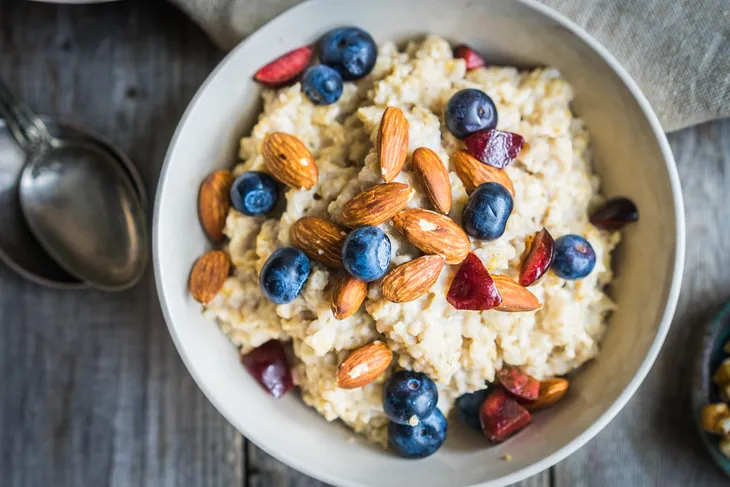We could all use a little self-control. Maybe it’s your holiday wish or your New Year’s resolution to enact a little more willpower in 2014.
I know; I know most of you will jump to the conclusion that I’m referring to the self control needed in the wake of all of those Christmas treats you’ll be tempted with. However, when you really think about, willpower filters through all aspects of our lives—from health eating and weight management to healthy personal relationships and triumph over lacking finances.
That’s why I’m tucking these nine tips to exercise a little self control into your stocking…it’s alright, you can open this gift now!
Avoid Bringing Temptations Home
Think of your temptations as a lively 20-year-old at a bar. Sure, they appear all shiny and perky, but the passion sure dies down after a brief 15-minute fling. My temptations are red wine and dark chocolate, both of which I don’t bring home to avoid those weaker moments in my week. So if I really want them, I need to make the effort to go out and get them.
Aim to Understand Your Motivation
No one would ever deprive themselves of the things they loved without a practical explanation. It’s like saying, “stop eating junk food for no reason at all!” What I mean, is that while you keep your eye on your larger goal—to lose weight for your wedding—let your eyes catch understanding glimpses of why—to live a longer, healthier life with the person you love.
Start Slow and Stay Steady
The worst thing you can do is to take on too much, too soon. Undue stress will ultimately stifle any well meaning fitness, health, or financial self-control attempts. So pare down your larger effort to make the time to focus on one goal at a time with focus and you’ll have greater success and motivation to continue.
Keep Things Positive
A little positive thinking can go a long way in the face of temptation. So rather than focusing on how difficult and downright terrible it is to go for a morning run—consider how great you feel and how much newfound energy you have after doing so all week.
Sabotage Your Enticements
If you have a tendency to spend money and you’re looking to rein in your finances, do what I do and leave your purse at home. Or, for example, if I’m going on a run to grab a coffee and know I’ll pass my favorite book store (tempting), I only bring enough money for that single coffee to avoid a spending spree.
Set Rewards as Motivation
Of course there’s a flip side to that penalty coin. After all, we would never deprive ourselves of any temptation if there were no upside. So as reward for my self-imposed acts of self-control, I will get a prize for my effort—for example, a spa day for eating better or remaining steadfast in going to the gym.
Rein In Your Glucose
You know what a midday snack attack feels like—it has you high-tailing it to the nearest vending machine for a Crispy Crunch. However, you might not know exactly why. You can blame those hard-to-ignore cravings on low blood glucose, when it plummets you’d practically kill for a sugar rush. So get your glucose under control by eating a high-glycemic breakfast (i.e., oatmeal) to help satiate and stabilize out of control cravings.
Practice Self-Care
You won’t get anywhere by constantly beating yourself up. So enact self-care as you practice self-control. If you’re working out be sure to get plenty of sleep. If you’re eating better be sure to not to deprive yourself of nutritious foods. Proactive self-love will support and give you an energized, replenished, fresh-faced outlook on your own success!











